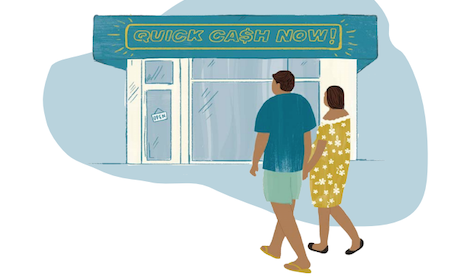The Government has responded swiftly and robustly with various economic packages, health advice, new measures and health-based restrictions that have created a new normal in Aotearoa.
But action in the area of debt and financial hardship has been quite muted and lacks strategy the Salvation Army says.
In a report published last Thursday, they say: “This must change quickly, especially if the lockdown drags on and other related areas are impacted (e.g. job losses, income support payments), which will cause overall financial hardship for many New Zealanders.”
The report notes that the Ministry of Social Development (MSD) has been proactive in working with community groups and NGOs: “but government agencies’ own ability to respond seems limited and is taking time to scale up to meet the level of need.”
“The Government action in this area of debt and financial hardship has been quite muted and lacks strategy.”
“They say most Government action has involved banks. Still, other critical parts of the financial sector must also be given attention to ensure the most vulnerable do not fall into greater financial hardship.”
They are concerned that there has been little Government guidance around car loans, payday lenders or credit cards.
Last week the Salvation Army joined 14 other NGOs in calling for urgent action to combat financial hardship during the lockdown.
The key elements of this joint call include:
- No disconnections or service cessations
- Pausing debt collection and bankruptcy proceedings
- Waiving penalty and late fees including additional interest charges
- All payday lenders and providers of high-cost, short-term loans should immediately be de-categorised as an essential service so that
vulnerable families do not quickly turn to these high-interest loan options for help - Further guidance around debt relief for car loans, credit card and loans to mobile traders to protect vulnerable consumers.
Source
- salvationarmy.org.nz
- stuff.co.nz
- Image: screenshot msd.govt.nz
News category: New Zealand.




